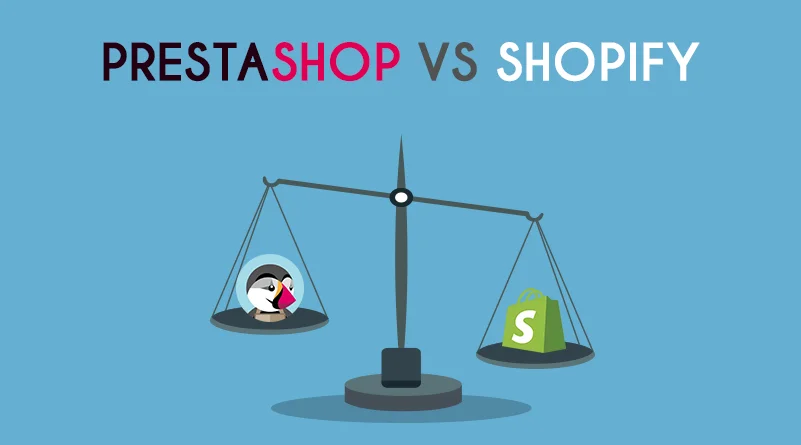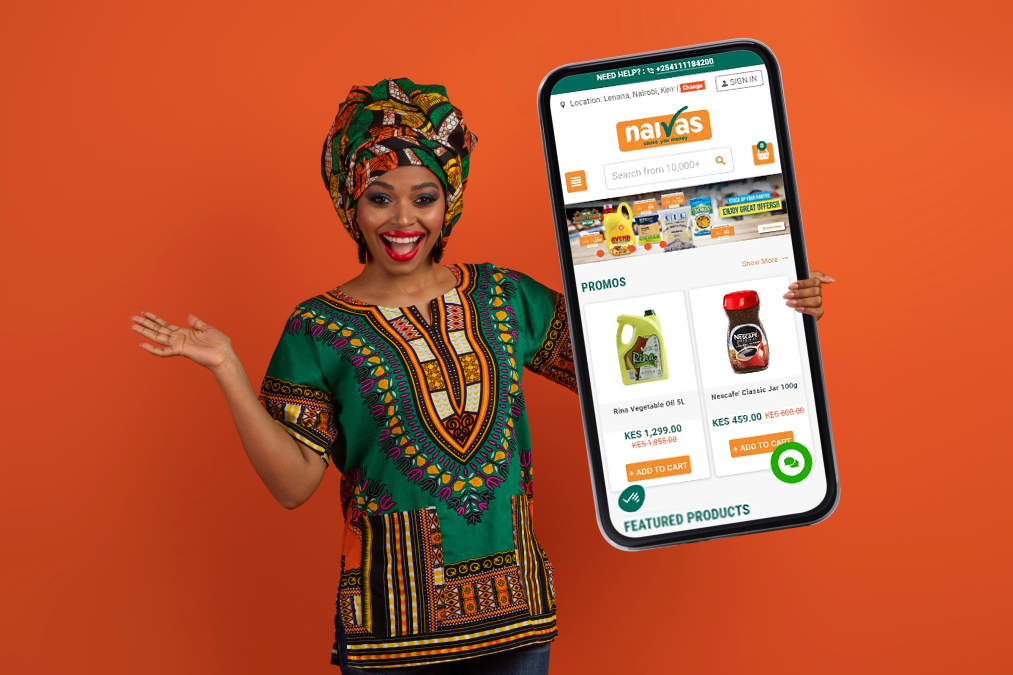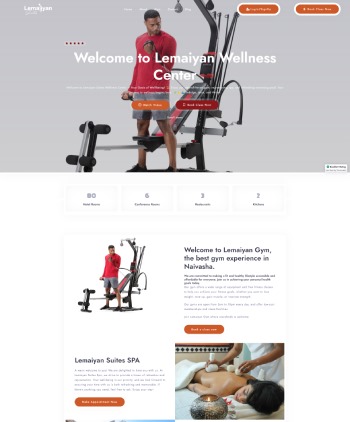Retail ecommerce in Kenya is growing fast as more shoppers embrace mobile shopping and digital payments. The rise of smartphones, mobile data, M Pesa driven transactions, and convenient delivery options has transformed how Kenyans search for products online. A major shift happening in this space is the steady rise of voice search. Shoppers are increasingly speaking to their phones rather than typing. They want answers fast. They want convenience. They want the simplest possible path from search to purchase.
Retailers who ignore voice search risk losing visibility and sales in a market where digital competition grows daily. Voice search is especially popular among young shoppers, busy professionals, and people searching in local languages. It is reshaping how customers discover products, compare prices, and place orders online. As voice technology becomes more reliable and more integrated across devices, retailers who adapt early stand to benefit the most.
This article explains why voice search optimization matters, how it supports ecommerce growth in Kenya and Africa, and what retailers can do to prepare their platforms for voice driven shopping journeys. It also highlights how E Startups Kenya provides modern ecommerce systems, AI solutions, and mobile first platforms that help retailers stay ahead of this trend.

Why Voice Search Matters for Kenyan and African Ecommerce
Voice search is not a future trend. It is already here. Smartphones across Kenya come with powerful voice assistants such as Google Assistant and Siri. Many Android devices especially the affordable ones preferred by most Kenyan consumers support voice commands in English and Swahili. This makes voice search extremely accessible.
A report by Google Africa revealed that mobile voice queries continue to rise as more people prefer speaking over typing. This is common among users with limited time, users with fast paced lifestyles, and users who feel more comfortable speaking than typing in English. Voice search also works well during multitasking moments. Someone cooking dinner can ask for the best prices on cooking oil. Someone walking to work can search for sneakers. Someone comparing supermarket prices can speak rather than type long product names.
Retail ecommerce benefits greatly from this trend because voice queries often have clear intent. People using voice search usually want to act quickly. They ask direct questions like where to buy groceries near me or best smartphone deals in Nairobi. When your ecommerce store appears in these results, you not only gain traffic but also attract high intent buyers.

Voice search also ties into local commerce. Kenyan consumers frequently search for shops, delivery options, or services within their neighbourhoods. This gives retailers an opportunity to dominate micro markets with strong localized optimization.
Voice search becomes even more important as AI driven assistants become part of daily life. Tools like Google Assistant are now integrated deeply into phones, cars, smart speakers, and even smart TVs. Their suggestions influence customer decisions long before they open a browser. To stay competitive, retail ecommerce stores must optimize content in a way that aligns with how people speak, not only how they type.
Why Many Retailers Are Not Prepared for Voice Search
Despite the rise of voice technology, many Kenyan retailers remain unprepared. Most ecommerce websites are optimized only for typed queries. Their product pages are not structured for conversational searches. Their content is complicated and difficult for voice assistants to understand. Many do not target question based keywords or natural phrases used by everyday shoppers.
Some retailers also overlook local language variations. A user might speak in Sheng, Swahili, or a mix of English and local phrases. If your website is not optimized to accommodate these natural speaking patterns, competitors will outrank you.
Another challenge is poor mobile optimization. Voice search heavily depends on mobile devices. A slow or cluttered ecommerce site makes it difficult for voice assistants to retrieve information. Retailers also miss out because they do not use structured data. Without structured data, search engines cannot extract information about products, prices, availability, or delivery options.

Content strategy is another weak point. Many retailers only publish promotional posts or product images. Voice assistants need clear, descriptive, and conversational content that answers specific customer questions. When content does not match the rhythm of natural speech, it becomes invisible to voice algorithms.
Finally, many retailers lack AI powered analytics that show how customers behave when using voice. Without data, optimizing becomes guesswork instead of strategy.
Voice search brings real benefits to retailers who take it seriously. The first major benefit is higher visibility. When your ecommerce content is optimized for natural questions, search engines rank it more often for both voice and text queries. This means more customers discover your store even before visiting your website.
Voice optimization also improves user experience. If a shopper finds your store instantly through spoken queries, they are more likely to trust your brand and complete a purchase. Retailers who focus on clear product descriptions, simple navigation, and conversational content see improvements across all channels.
Another major advantage is stronger local presence. Shoppers using voice often search for nearby shops, delivery timelines, or opening hours. Optimizing your content for local intent allows your store to appear in neighbourhood based queries. This is powerful for supermarkets, fashion stores, electronics shops, furniture outlets, and pharmacies serving specific locations.
Voice optimization also increases conversion rates. Voice users often search with action driven intent. They are ready to buy. They want fast options. When your store provides instant answers, you capture demand at the perfect moment.
Finally, voice search supports mobile commerce. In Kenya, where most digital transactions happen on phones through M Pesa, Airtel Money, or card payments, voice search creates a natural flow from search to checkout. Retailers who optimize early will lead the next phase of ecommerce growth.
How to Optimize Your Retail Ecommerce Store for Voice Search
Voice search optimization starts with understanding how people speak. The language used in voice queries is more conversational and direct. Retailers should focus on creating content that mirrors natural sentences. Product descriptions should answer common questions customers ask aloud. Instead of short product summaries, retailers should include detailed conversational information about features, benefits, and usage.
Frequently asked questions should be included naturally on product and category pages. These answers help search engines pull information directly into voice results. Retailers should also target long question based phrases. Instead of short phrases like buy shoes Kenya, content must answer natural questions like where can I buy affordable running shoes in Nairobi.
Local optimization is equally important. Retailers should include city names, estate names, delivery zones, and store pickup locations within their content. This helps capture neighbourhood based voice queries.
Technical optimization is also required. Retailers should adopt structured data to help search engines identify product details. They must ensure sites load quickly, especially on mobile networks common in Kenya. They should also integrate AI powered search or chat tools that allow customers to ask questions directly within the ecommerce site.
Retailers must ensure their websites support natural language queries. Modern ecommerce systems with AI search can understand phrases like show me red dresses under three thousand. This improves conversions by matching voice behaviour within the website itself.
How E Startups Kenya Supports Voice Search Optimization
E Startups Kenya helps retailers build ecommerce platforms that are fully ready for voice search. The company develops mobile first websites that load fast on any device, including affordable smartphones widely used across Kenya. Retailers benefit from structured data implementation, conversational content development, and AI powered search tools that support natural language queries.
E Startups Kenya integrates ecommerce stores with advanced analytics that help retailers understand how shoppers search, including voice driven behaviour. The company also creates SEO strategies tailored for Kenya and Africa, ensuring your store ranks for local and conversational queries.
Retailers also gain access to integrated CRM systems, automation tools, and payment integrations through M Pesa, Airtel Money, and cross border gateways. These combined solutions create a smooth customer experience from voice search discovery all the way to payment and delivery.
For businesses that want deeper personalization, E Startups Kenya provides AI assistants, recommendation engines, and chatbot integrations on WhatsApp. This allows customers to speak or type naturally while getting accurate product suggestions.
Frequently Asked Questions
Does voice search really affect ecommerce in Kenya
Yes. More Kenyan shoppers are using voice assistants on mobile phones to find products and compare prices. Retailers who optimize early get an advantage.
Is voice search only for English speakers
No. Many users mix English, Swahili, and Sheng. Voice systems are becoming better at understanding these patterns.
Do small retailers need voice search optimization
Yes. Local voice queries such as near me searches make it easier for small shops to rank.
Does voice search improve sales
Voice search improves visibility, attracts high intent customers, and increases conversions through faster discovery.
How can a retailer start optimizing
Begin by creating conversational content, adding structured data, improving mobile performance, and working with a partner such as E Startups Kenya.
Conclusion and Call to Action
Voice search is transforming how Kenyan and African consumers shop online. It offers speed, convenience, and direct access to information. Retailers who embrace voice search optimization now will benefit from higher visibility, stronger local presence, and better conversions. As ecommerce competition grows, voice first strategies will become a major advantage for any retail business.
If you want to prepare your ecommerce store for voice search, improve your SEO, or integrate AI tools that support natural language shopping, E Startups Kenya is ready to guide you. Reach out today and let us build a modern, future ready ecommerce platform that delivers real results.



























